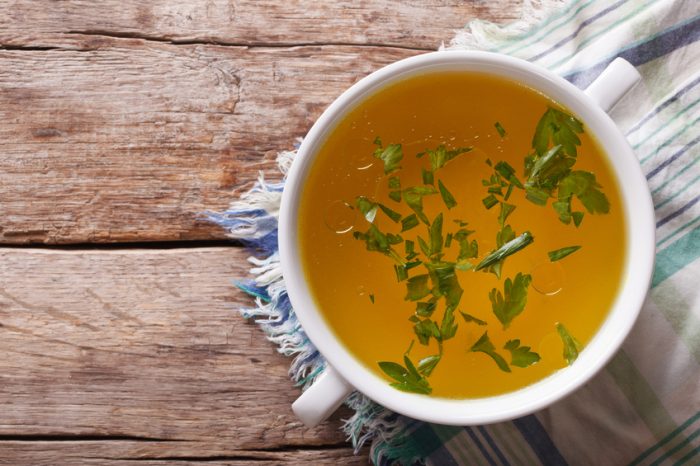Why we should add more Collagen to our diet?

I like to explore foods, understand their benefits for the human body and try them out in my own diet!
There is one in particular that catches my attention due to its multiple properties, the need for it and the outstanding results when consuming it. This is Collagen Protein.
What is collagen?
According to Max Lugavere (a rising star in the Nutrition world) “collagen is a sticky protein that may as well be thought of as the glue that holds the body together. In fact, the word collagen is actually derived from the Greek word kólla meaning glue. It is the most abundant protein found in the human body, accounting for roughly 1/3 of our total body protein”.
Collagen is tremendously important and is found not just in our skin but our tendons, arterial walls ligaments, cartilage, bones, blood vessels, intestinal tract, intervertebral disks, corneas and even teeth!
We don’t make enough collagen in our bodies
Max Lugavere keeps explaining that “we tend to categorize amino acids and other nutrients as either essential or non-essential, however some scientists suggest a third category may exist called “conditionally essential” or “semi-essential.”
“Glycine, the most abundant amino acid in collagen, falls into this conditionally essential amino acid category. Our bodies make it, but not enough for optimal health (choline is another example of a conditionally essential nutrient).” And this gets worse as we age!
Here are some of the most incredible functions of collagen in our body are:
1. Collagen promotes youthful looking skin
As we age our body produces less collagen, which contributes to loose, sagging skin and wrinkles. Additionally, our current diet high is sugar and carbohydrates, exacerbates the problem.
Healthy skin is a marker of health and vitality and collagen may contribute to that result!
2. It can improve joint health and prevent degradation
Whether you are suffering from joint pain as an athlete, feeling stiff or suffering from a disease impacting your joints, collagen may be an essential piece in your treatment plan. There are several research studies supporting this point:
https://www.tandfonline.com/doi/abs/10.1185/030079908X291967
https://www.ncbi.nlm.nih.gov/pmc/articles/PMC4970562/
3. It can improve digestion and reduce inflammation
The health of our mucosal lining is extremely important to maintain a healthy gut. Gastric juices and digestive enzymes need to work at their best to ensure proper nutrition and overall gut health. As Max Lugavere explains “Glycine, the most abundant amino acid in collagen, is a well-documented cytoprotective amino acid and has been shown to be anti-inflammatory, protect gastric mucosa and enhance enterocyte (intestinal lining cells) function”
4. It can potentially increase your lifespan
A high degree of muscle meat (high in methionine) consumption, in a low glycine environment (glycine is needed for liver metabolism of excess methionine), is not good for us. It imposes too much stress on our bodies and it affects our longevity.
This is why we need to diversify our protein consumption, consuming a more balanced amino acid profile by including collagen.
5. It can increase muscle mass
6. It can improve wound healing
7. It can improve mood, cognition and sleep
Glycine is an inhibitory neurotransmitter and it is what does the trick here by inducing feelings of calmness, boosting mental clarity and improving sleep!
Foods supporting the synthesis of collagen:
Max gives us some clear recommendations:
• Eat all the bits and clean your bones! This means eating the skin of meat, cartilage, shanks, necks, feet, cheeks, oxtails and ribs. And cleaning the bones!
• Eat gelatin: A benefit of using gelatin is that for most people it is easily digestible as the protein is already broken down into free form amino acids. Additionally, gelatin is quite easy to cook with and can be purchased as a powder.
• Drink Bone broth: you can make your own or buy some great one from Osso Good Company or Whole Foods.
• Take collagen protein powder: A good one is from Dr Axe.
• Increase your Vitamin C intake: Foods high in Vitamin C can increase the formation of collagen. Some of these are: oranges, kale, red peppers, brussel sprouts, broccoli, green peppers, strawberries.
I encourage you to try it out, the science is there!
THE BLOG
For additional recipes and health tips direct to your inbox, be sure to subscribe to my blog!
GET EVEN HEALTHIER!
If you have any questions about how you could benefit from health coaching, please schedule an initial consultation with me. During this session we will discuss your health and lifestyle to determine how I can best support you in achieving your goals.
Virginia
